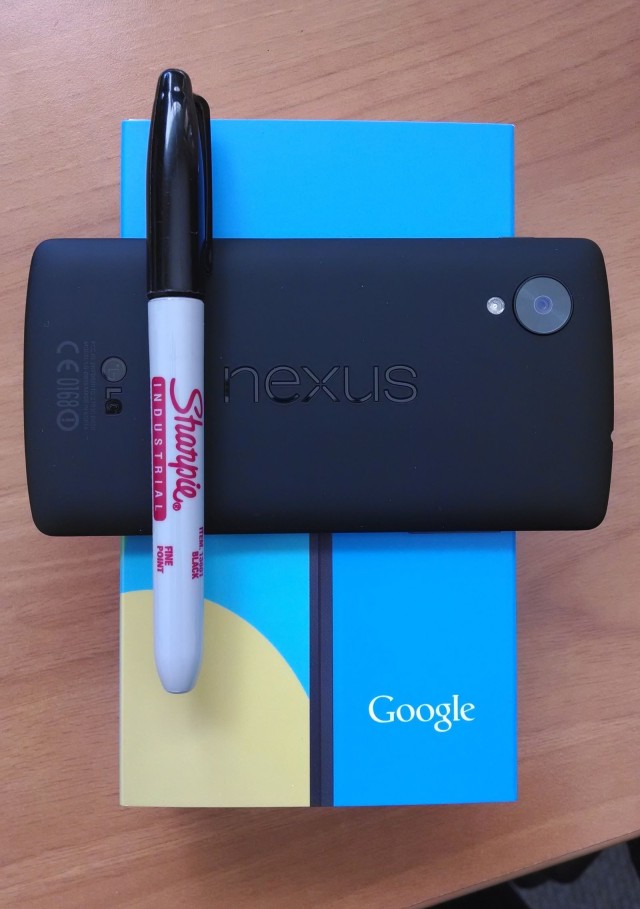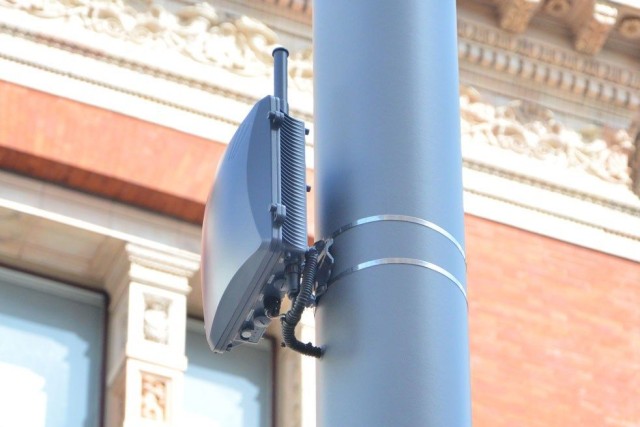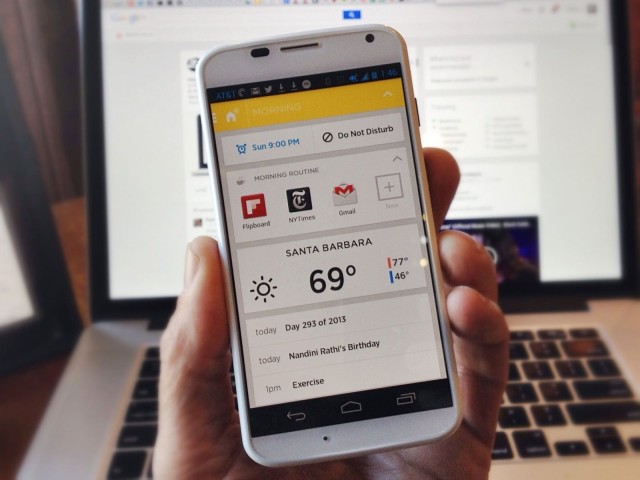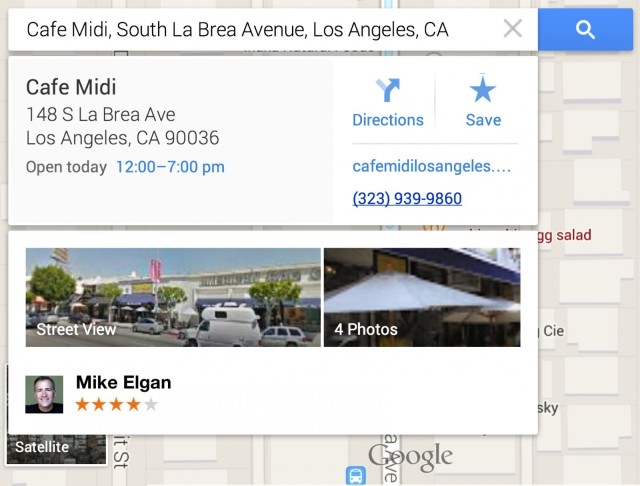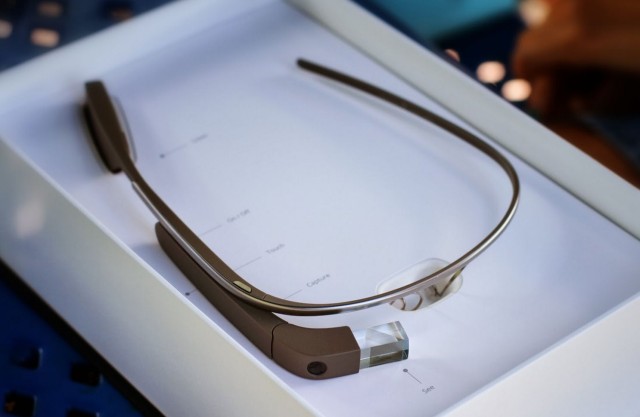This isn’t a review of the Nexux 5. Rather, it’s a review of Google’s new strategy of integration as displayed in the KitKat-running Nexus 5.
You’ll find a gazillion reviews on the Nexus 5 over the next month, some detailing every feature and function. In general, these reviews will tell you that the Nexus 5 is a great phone with a great form-factor and exterior design, incredible screen, good battery life and excellent general performance. They’ll also point out that nothing even comes close to the Nexus 5’s value for money ($349 unlocked). And Nexus5/KitKat has little surprises (such as LTE tethering, even on AT&T).
I’m here not to add yet another review to the mix, but to zero in on what really matters: How Googley is this phone, exactly?
The short answer is: pretty Googley but not Googley enough.
To the extent that Nexus 5 succeeds (is better than other phones), it succeeds with integration. To the extent that Nexus 5 fails, it fails to integrate.
Here’s what I’m talking about.

